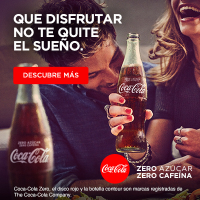A wiki is a website designed for collaborative editing, letting many people create, update, and organize content directly in a web browser.
Wikis prioritize ease of use and openness: pages can be added or changed without technical expertise, and most track every edit so changes can be reviewed or undone.
Main features
- **Collaborative editing:** Numerous contributors can work on pages, sometimes simultaneously.
- **Edit history:** Every modification is recorded with a timestamp and the editor’s identity or IP address.
- **Interlinking:** Links between pages are simple to create, helping build connected content.
- **Lightweight markup:** Formatting is usually handled by lightweight markup languages (e.g., WikiText or Markdown).
- **Permission settings:** Some wikis are open to anyone; others limit edits to registered users or specific groups.
- **Discussion pages:** Talk or discussion pages let contributors debate edits and organization.
Typical uses
- Community-driven knowledge bases (for example, Wikipedia)
- Project docs and corporate knowledge repositories
- Collaborative writing and shared note-taking
- School and instructional projects
Advantages
- **Fast collaboration:** Many people can collaborate and iterate quickly on content.
- **Openness:** Edit histories and talk pages reveal how content decisions were made.
- **Expandable:** They scale organically as users add more pages and topics.
Cons
- **Vandalism and false information:** Open editing may allow intentional or accidental inaccuracies.
- **Inconsistent quality:** Articles can differ greatly in depth, tone, and reliability.
- **Organizational issues:** Lack of structure or rules can lead to disorganization and conflicts.
Illustration
- **Wikipedia** — the best-known wiki, run by the Wikimedia Foundation and built by volunteer contributors worldwide.




